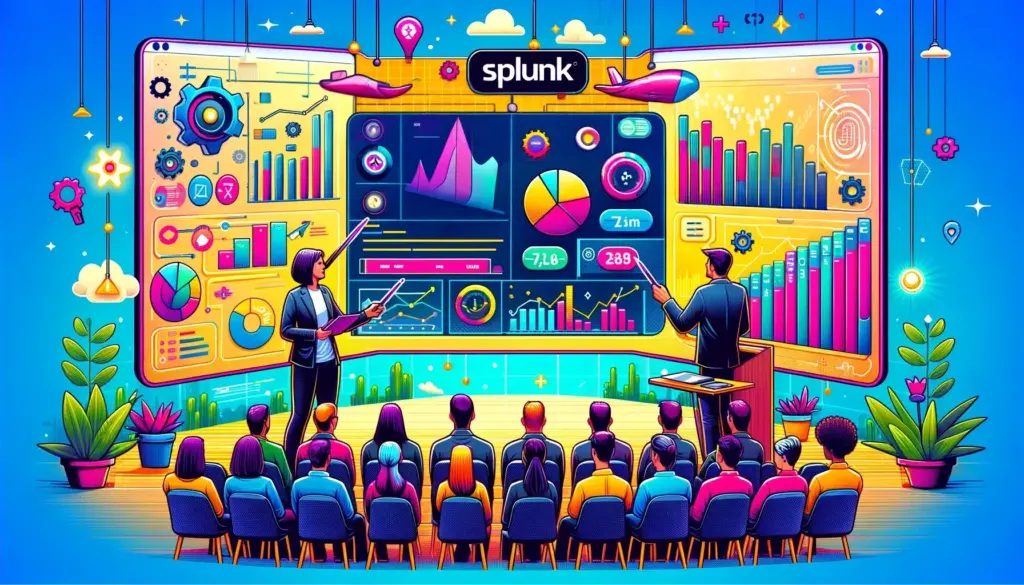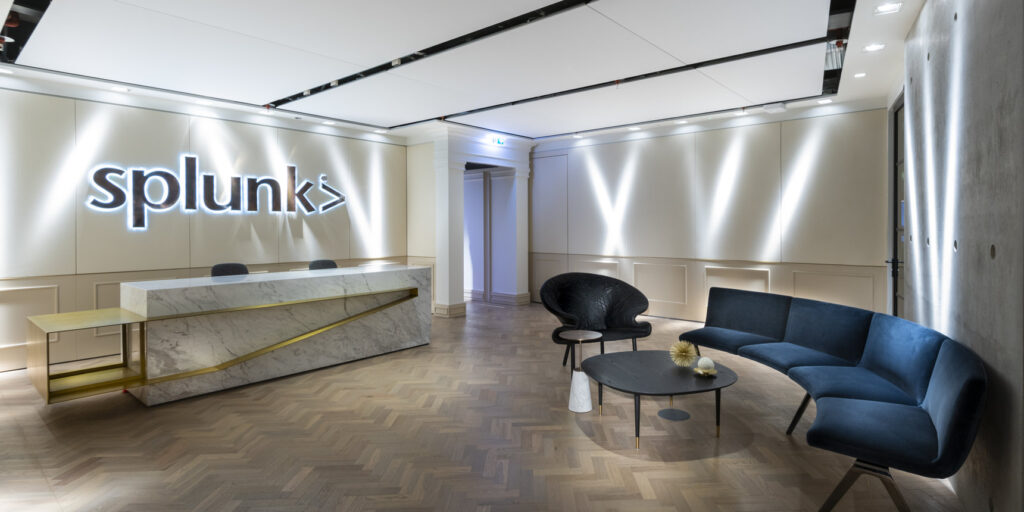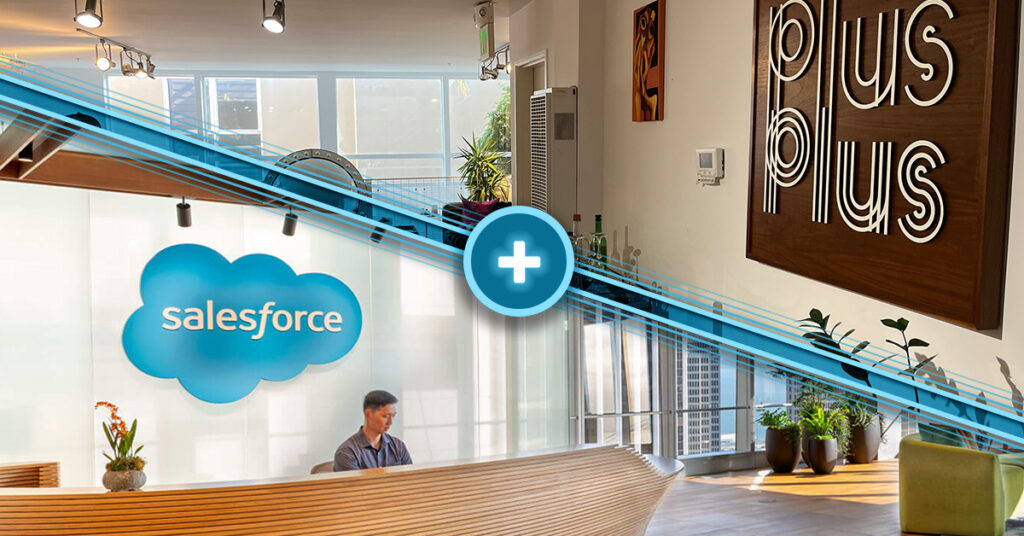Overview
Our September 2020 speaker, Cameron Breen, Senior Program Manager for engineering training at Uber, explained how his team at headquarters in San Francisco developed a consistent global onboarding experience for engineering team members learning remotely.
Engucation is Uber’s onboarding program for new software engineers, data scientists, data analysts, technical program managers, and technical writers. Internal subject matter specialists, or Engucators, facilitate the program.
With tech sites worldwide, the Engineering Training team at Uber oversees the onboarding process, helping subject matter specialists curate content and develop material that is easy for participants to follow.
Uber lives by three core principles when designing a global learning experience
-
- Same Course, Same Content
-
- Local Time for Local Nuance
-
- Iterate at the Right Speed
When a team member is onboarding, they need access to the same course and content, regardless of their location. Whether they are working out of the headquarters or their home office, the experience should be consistent regardless of their work location.
Consistency is key, but it is important to remember that local teams will have a local nuance. The Eng Training team, based at Uber’s HQ in San Francisco, doesn’t prescribe how the program looks at every site. They work with a cross-functional group of partners, including stakeholders, managers, and leaders to drive the content.
The team makes sure the content’s core is the same and uses a program to maintain the same quality, but lean on local teams to give a local flavor.
It is also crucial to iterate at the right speed. The team’s onboarding program is a vast machine. If they get feedback, something changes in the program, or they make an observation, they try not to rush changes through immediately. Sometimes things happen, and they do need to act quickly, but they are thoughtful and intentional around those changes.
Change and opportunity
Events of the last year have required a response from Uber and changed their trajectory. But this shift has created opportunities and forced them to think about ways to move their onboarding programs forward.
The Engineering Training Team found that their core principles applied to the new environment and focused on developing their program in three key areas:
1: Facilitator training for remote delivery. In March, the team surveyed the course facilitators and realized that only a small proportion was familiar with remote delivery. They needed to prepare them adequately for teaching in an unfamiliar format
2: They collected feedback from everyone involved in the onboarding process, not only groups they traditionally thought to ask. They included participants, facilitators, managers, and anybody else who might have a useful perspective
3: They also collaborated with regional and global teams to work around the challenging timeline on new projects this year.







